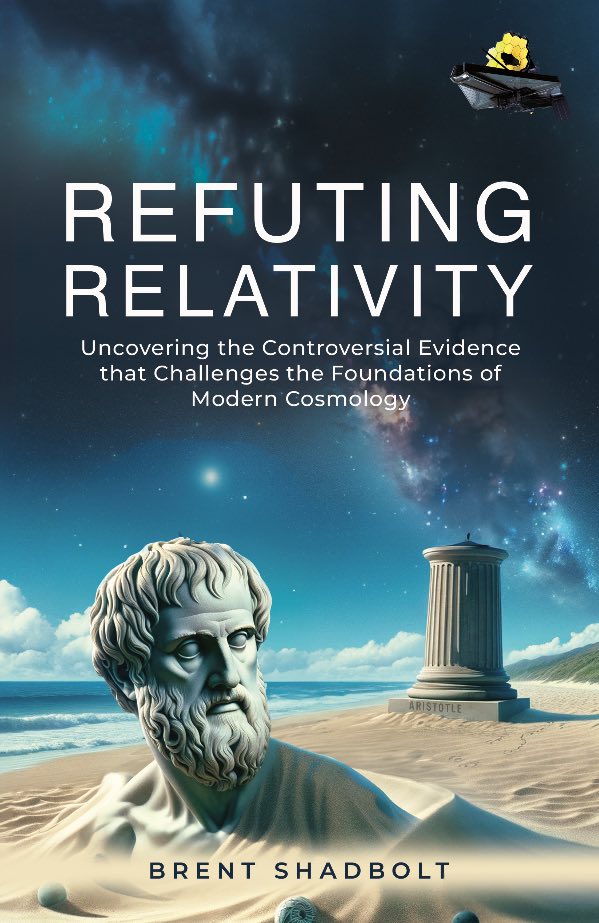Crisis
in Cosmology
The mathematical foundation of the Big Bang is rooted in Einstein’s theory of General Relativity.
Throughout history, humans have been fascinated by the marvels and mysteries of the night sky. For almost a century, however, modern Science has offered an explanation for how it all came to be there, beginning billions years ago. In the late 1920s, the Big Bang model emerged based on two key pieces of evidence: observations indicating an expanding universe and the mathematical framework supporting this expansion. The model’s prediction of residual radiation received apparent confirmation with the discovery of the Microwave Background in the 1960s.
Recent findings from the James Webb Space Telescope (JWST), however, present a different narrative. Scientists are grappling with the significant disparities between these latest observations and established theory. Could the Big Bang hypothesis be flawed?
More »
About this website
This website challenges the widespread acceptance of Einstein’s General Theory of Relativity and the Standard Model of an expanding universe, suggesting they are living on borrowed time.
To debunk some of the most highly esteemed scientific theories takes a very compelling argument. But that is what this website provides. Evidence to refute relativity is compiled from respected sources, including Robert Dicke from Princeton University, Professor Herbert Dingle from Imperial College London and even Einstein himself.
This website also questions the validity of experiments claimed to prove relativity, citing methodological errors and contestable results. It offers resources collected from various disciplines to explore alternative theories to relativity.

Refuting Relativity
reviews a century of scientific thought to show that the current crisis in cosmology can be traced back to Einstein’s theories of Relativity. Einstein’s ideas are clearly presented in their historical context, and the predictions and tests of both Special and General Relativity are carefully examined to show that they are not as conclusive as once thought.